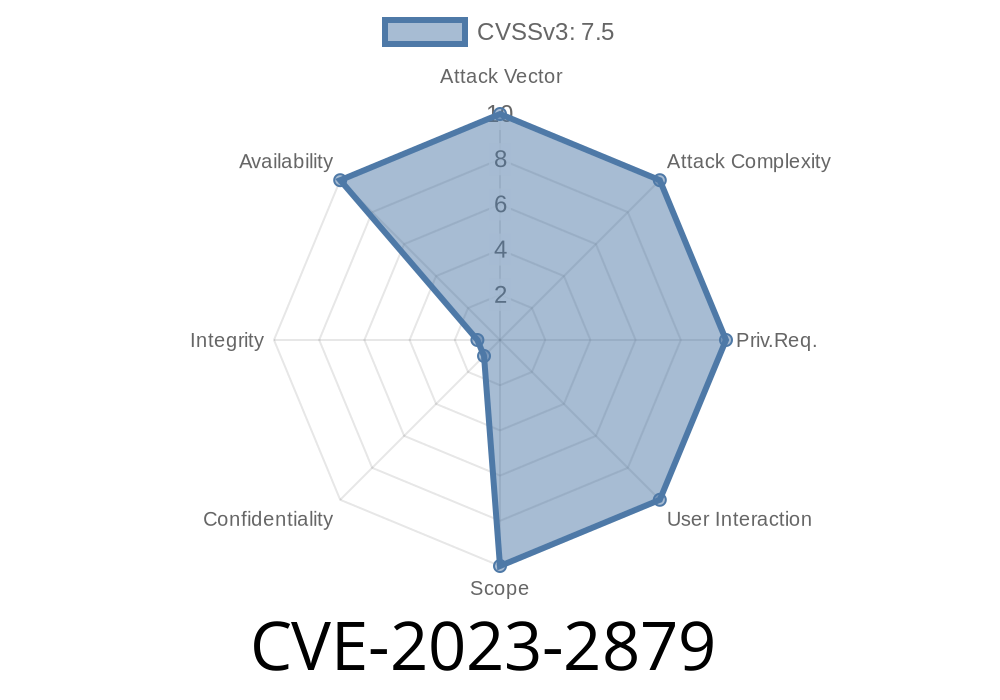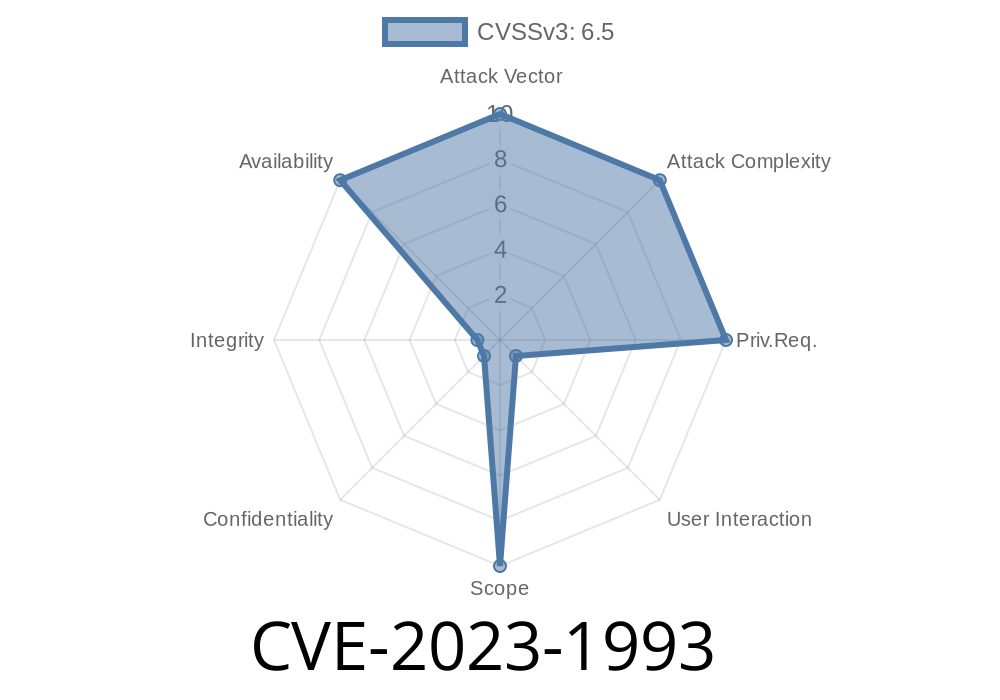CVE-2023-2879 - Exploiting GDSDB Infinite Loop in Wireshark 4.x and 3.6.x for Denial of Service
Wireshark is one of the world’s most popular network protocol analyzers. Security people and network admins use it daily to inspect and troubleshoot network
CVE-2023-1993 - Exploiting Wireshark LISP Dissector—Denial of Service via Crafted Capture Files
Wireshark is one of the most popular open-source network protocol analyzers in the world. Its powerful dissection engine lets anyone dig deep into network packets,
CVE-2023-1161 - How ISO 15765 & ISO 10681 Packet Crashes Wireshark – Full Breakdown & Exploit Guide
Wireshark is the world’s go-to tool for network protocol analysis, trusted by countless security pros and network admins. But even the best tools have
CVE-2023-0414 - Exploiting a Crash in Wireshark’s EAP Dissector for Denial-of-Service
In early 2023, security researchers and packet enthusiasts alike were alerted to a denial-of-service (DoS) vulnerability in Wireshark, the world’s most popular network protocol
CVE-2022-4344 - How Wireshark’s Kafka Protocol Dissector Could Take Down Your Network
When talking about powerful tools for analyzing network traffic, Wireshark is king. But even kings are sometimes brought low by unexpected flaws. In 2022, a
Episode
00:00:00
00:00:00


